Balkans can still be lost, say experts
The Balkans still has the potential to “spoil the party” – the upcoming NATO, U.S., EU and OSCE summits, Soren Jessen-Petersen and Daniel Serwer say.
Friday, 12.11.2010.
12:59

The Balkans still has the potential to “spoil the party” – the upcoming NATO, U.S., EU and OSCE summits, Soren Jessen-Petersen and Daniel Serwer say. According to their article published on the New York Times website, there are three issues that haunt the region: ethnic tensions in Bosnia-Herzegovina, unsettled relations between Serbia and Macedonia’s name dispute with Greece. Balkans can still be lost, say experts Bosnia’s problems lie in the Constitution imposed by the Dayton peace talks which created a nonfunctional state. So far all efforts to amend the Constitution have failed. Recent elections in Bosnia-Herzegovina have opened up new possibilities for reform and Jessen-Petersen and Serwer think that Brussels and Washington need to set clear criteria which Sarajevo will have to meet on its path toward the EU. According to them, Serbia’s progress toward the EU should be conditioned by its willingness to insist that the Bosnian Serbs cooperate with the Muslims and Croats to amend the Constitution in order to enable the country to get on the EU integration path. Jessen-Petersen and Serwer think that there is danger that Serbia will try to use the talks to “suggest” correction of borders in order to absorb Serbian community in northern Kosovo. They have assessed that this is dangerous and that it will open up issue of borders throughout the Balkans, certainly in Macedonia and Bosnia-Herzegovina and probably in the Albanian-populated areas in southern Serbia and Montenegro as well. “That’s a Pandora’s Box that should remain closed,” Serwer and Jessen-Petersen stressed. As far as Macedonia is concerned, the two experts think that both sides should give in – Skopje to add “an acceptable geographic qualifier” to the name of its state and Greece to respect its 1995 consent to treat its neighbor as “Former Yugoslav Republic of Macedonia” (FYROM). In a special “peace brief” of the United States Institute of Peace titled “Kosovo: The Next Steps” Serwer, who recently left the institute to become lecturer at the Georgetown University, said that it was necessary to take several steps so Kosovo would not destabilize the entire Western Balkans again. His suggestions are based on conclusions from a meeting of “a small group of experienced American Balkans hands” who discussed the issue in October at the United States Institute of Peace in Washington, D.C. The meeting’s summary is that Kosovo should not be allowed to “stagnate as a frozen conflict”, that talks between Belgrade and Pristina should begin without any further delay even though Belgrade is at the moment much better prepared than Pristina and that a direct goal should be “good neighborly relations”. Risks represent both political vacuum in Kosovo, which should be settled after the elections on December 12, and Serbia’s preparations for its own elections in 2012. The problem is that “a relatively small number of people” in Serbia who care deeply about Kosovo have repeatedly proven able to control the political discourse and the fact that Serbian President Boris Tadic “has so far lacked the courage to align himself with this pragmatic view, preferring instead to outflank his nationalist opposition by remaining stalwart on refusing to recognize Kosovo’s independence.” Serwer stressed that one of the steps to build confidence between Belgrade and Pristina was for Serbia to publish the data on how much it was spending in Kosovo in order to help the Serbs and for what purposes, which could lead to some formal arrangements that would satisfy both sides.
Balkans can still be lost, say experts
Bosnia’s problems lie in the Constitution imposed by the Dayton peace talks which created a nonfunctional state. So far all efforts to amend the Constitution have failed. Recent elections in Bosnia-Herzegovina have opened up new possibilities for reform and Jessen-Petersen and Serwer think that Brussels and Washington need to set clear criteria which Sarajevo will have to meet on its path toward the EU. According to them, Serbia’s progress toward the EU should be conditioned by its willingness to insist that the Bosnian Serbs cooperate with the Muslims and Croats to amend the Constitution in order to enable the country to get on the EU integration path.Jessen-Petersen and Serwer think that there is danger that Serbia will try to use the talks to “suggest” correction of borders in order to absorb Serbian community in northern Kosovo.
They have assessed that this is dangerous and that it will open up issue of borders throughout the Balkans, certainly in Macedonia and Bosnia-Herzegovina and probably in the Albanian-populated areas in southern Serbia and Montenegro as well. “That’s a Pandora’s Box that should remain closed,” Serwer and Jessen-Petersen stressed.
As far as Macedonia is concerned, the two experts think that both sides should give in – Skopje to add “an acceptable geographic qualifier” to the name of its state and Greece to respect its 1995 consent to treat its neighbor as “Former Yugoslav Republic of Macedonia” (FYROM).
In a special “peace brief” of the United States Institute of Peace titled “Kosovo: The Next Steps” Serwer, who recently left the institute to become lecturer at the Georgetown University, said that it was necessary to take several steps so Kosovo would not destabilize the entire Western Balkans again. His suggestions are based on conclusions from a meeting of “a small group of experienced American Balkans hands” who discussed the issue in October at the United States Institute of Peace in Washington, D.C.
The meeting’s summary is that Kosovo should not be allowed to “stagnate as a frozen conflict”, that talks between Belgrade and Priština should begin without any further delay even though Belgrade is at the moment much better prepared than Priština and that a direct goal should be “good neighborly relations”.
Risks represent both political vacuum in Kosovo, which should be settled after the elections on December 12, and Serbia’s preparations for its own elections in 2012. The problem is that “a relatively small number of people” in Serbia who care deeply about Kosovo have repeatedly proven able to control the political discourse and the fact that Serbian President Boris Tadić “has so far lacked the courage to align himself with this pragmatic view, preferring instead to outflank his nationalist opposition by remaining stalwart on refusing to recognize Kosovo’s independence.”
Serwer stressed that one of the steps to build confidence between Belgrade and Priština was for Serbia to publish the data on how much it was spending in Kosovo in order to help the Serbs and for what purposes, which could lead to some formal arrangements that would satisfy both sides.













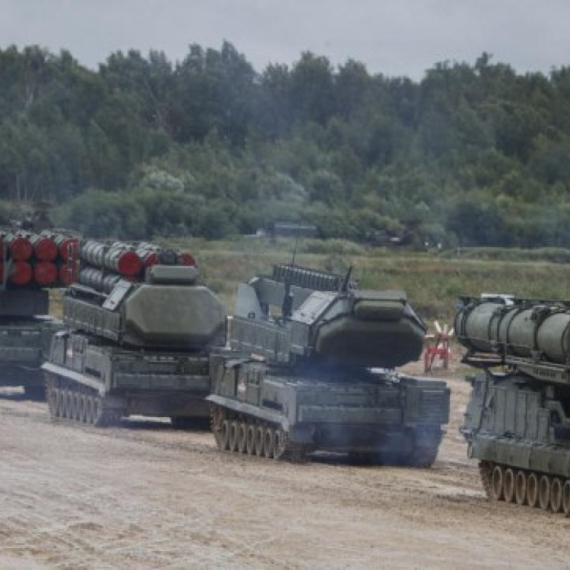

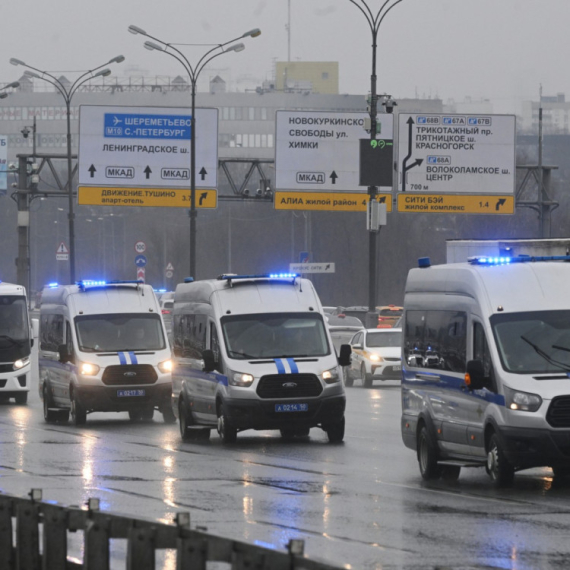
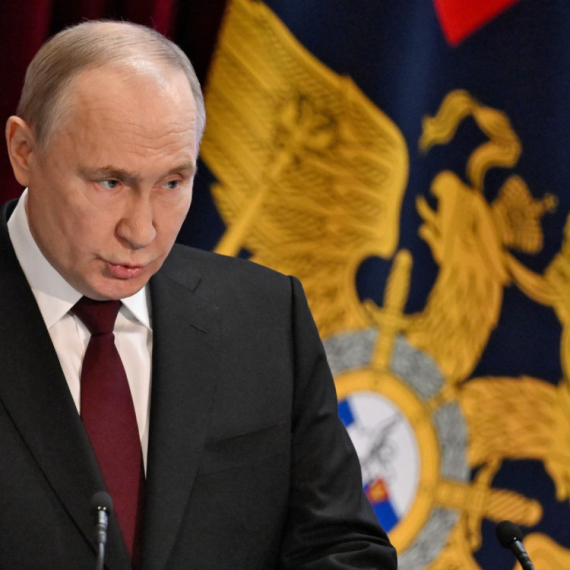
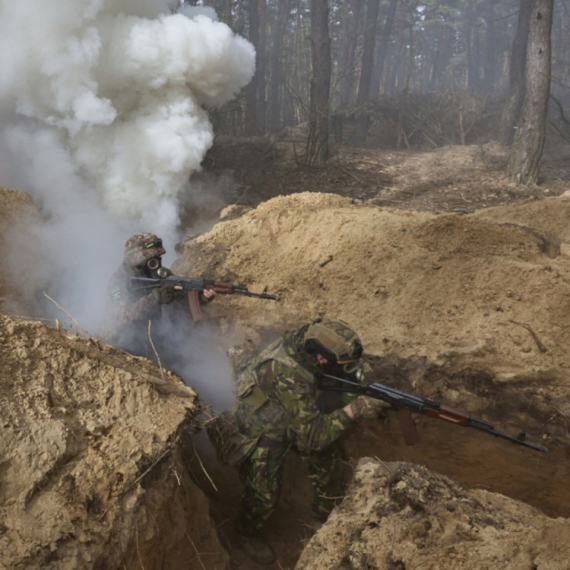

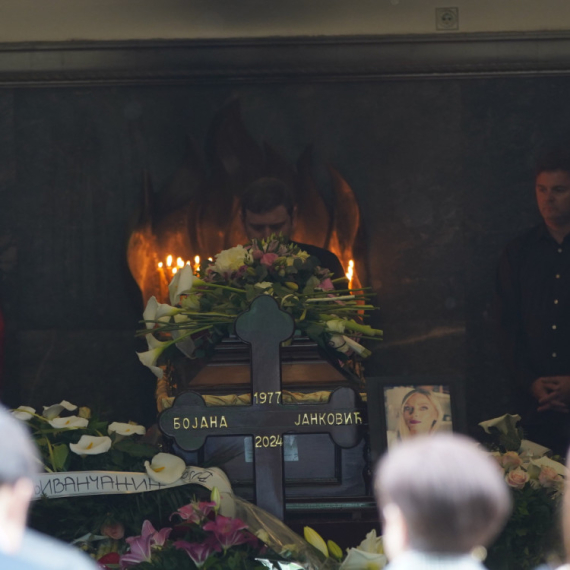

































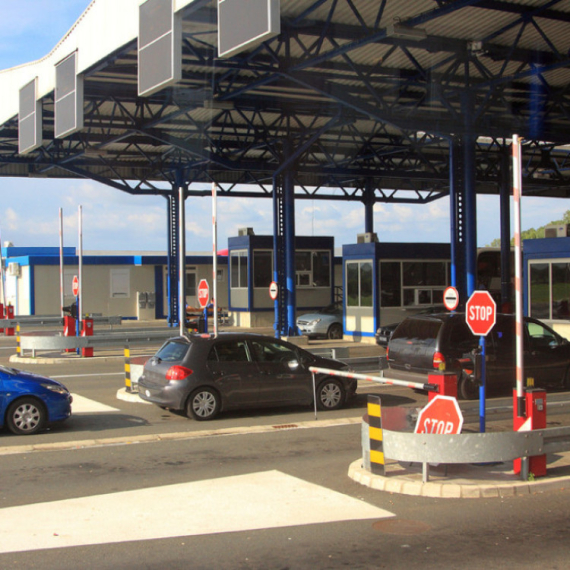






Komentari 30
Pogledaj komentare